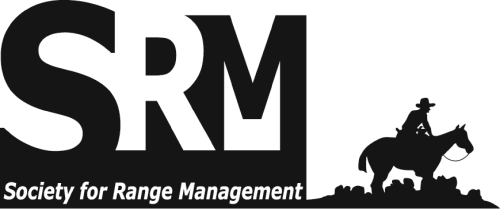The shortgrass steppe of Eastern Colorado is a complex social-ecological system where management objectives for livestock production, wildlife, and vegetation heterogeneity converge. The Adaptive Grazing Management (AGM) experiment is a 10-year project initiated in 2012 and aimed at fostering partnerships and data-driven rangeland management through a participatory multi-stakeholder approach. This study evaluates collaborative adaptive management (CAM) as a potential tool within the AGM experiment to 1) co-construct and link multiple scales of knowledge and 2) plan and implement adaptive grazing management for the provision of multiple ecosystem services. We document and evaluate the first two years of the AGM project as ranchers, representatives from land management agencies and environmental organizations, and researchers work together in a mock public lands management scenario. We qualitatively evaluate transcripts of Stakeholder Group meetings. At these meetings group members chose and prioritized desired ecosystem services, determined criteria for livestock movement among pastures, and selected and evaluated monitoring approaches. Since 2012 the Stakeholder Group has identified consensus goals and objectives. They have developed and implemented an adaptive grazing management plan for a 10 pasture 200-steer operation that includes a pulse grazing strategy, measurable triggers for moving livestock between/among pastures, and decision criteria for making between-year adjustments to grazing sequences. The group has also implemented opportunistic vegetation management such as patch burns following a high-production year in 2014. Our findings suggest that CAM can 1) confer connections between experiential and experimental knowledge and 2) close the adaptive management loop on rangelands by connecting monitoring results to adaptive decision-making. CAM approaches hold promise in enhancing the adaptive capacity of decision-making in the face of social and environmental change.

Oral presentation and poster titles, abstracts, and authors from the Society for Range Management (SRM) Annual Meetings and Tradeshows, from 2013 forward.